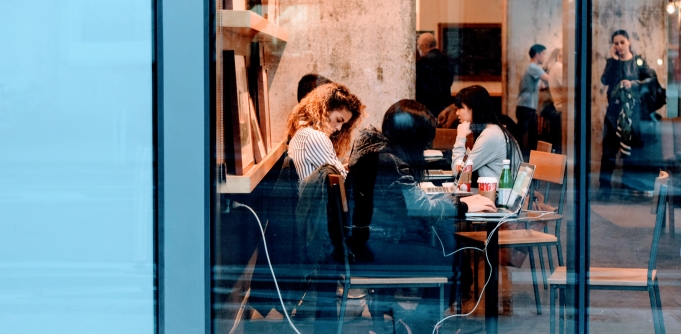
Australian small businesses will be given six months to adjust to a new federal government plan that will see 11 million workers gain access to paid domestic violence leave.
Under the plan, casual workers will receive 10 days of paid national family and domestic violence leave (FDV) per year, slated for a February 1, 2023 government rollout.
But SMEs will not be obligated to step in until August 2023, following consultation with the Labor government’s Employment and Workplace Relations Minister Tony Burke and Social Services Minister Amanda Rishworth.
It comes four years after the 2018 Fair Work Commission (FWC) ruling that employees covered by modern awards will be entitled to five days of unpaid domestic violence leave, and two months after a May FWC ruling that it agreed in principle to an Australian Council of Trade Unions proposal calling for 10 days’ paid leave.
“Full-time employees and, on a pro-rata basis, part-time employees, should be entitled to 10 days paid FDV leave per year,” the FWC found.
The leave would accrue over the course of the year like personal and carer’s leave does under the National Employment Standards, the FWC asserted.
Today marks the first day of the 47th Parliament following May’s election, with the legislation for the family and domestic violence leave to be introduced on Thursday, one of 18 pieces of legislation that will be tabled this week.
It’s likely to sail through the Senate, where the Greens hold the balance of power, after the minor party campaigned for the leave during the election.
About one in six women and one in 16 men experienced physical or sexual violence by a partner in 2016, according to Australian Institute of Health and Welfare data.
“It has to apply to everyone”: Burke
“Casual workers are not spared from family and domestic violence. In fact, women who are experiencing family and domestic violence are more likely to be employed in casual work,” Burke said.
“We cannot leave them behind. That’s why this has to be a universal entitlement.
“The union movement has fought hard for this through the FWC. And some businesses have already done the right thing and established this entitlement.
“But we don’t want a system where some workers get paid leave and others don’t. It has to apply to everyone.”
Rishworth added that paid FDV leave was well overdue in Australia, and it comes ahead of October’s impending national plan to end violence against women and children.
“We are prioritising this important legislation to increase paid leave for family and domestic violence and introducing it in the first sitting week,” Rishworth said.
“This shows our resolve to removing the barriers faced by those escaping violence.”
Private sector ahead of government policy
But successive Coalition governments have been accused of being a laggard on the issue.
The policy comes years after the private sector began rolling out its own domestic violence leave, with Telstra introducing paid leave for staff back in 2015.
National Australia Bank and Virgin Australia also offer the leave.
The Fair Work Act 2009 allowed employees five days of unpaid family and domestic violence leave per year, the “bare minimum, and we deserve better than the bare minimum” workplace lawyer Wesley Rogers said.
Business advocates called out the Morrison government’s National Summit on Women’s Safety last year for failing to include more small business voices.
Former Australian small business and family enterprise ombudsman Kate Carnell said the summit’s organisers overlooked the fact that 40% of Australia’s 2.3 million small businesses are owned by women.
“The issue is that there are a lot of women small business owners, sole proprietors and contractors and they were not there,” Carnell told SmartCompany last year.
Carnell pointed out that universal paid domestic leave wouldn’t help female sole traders operating across the country if they experience family or domestic violence.
“Lots of women who run small businesses run them from home. If they are subject to domestic violence, it’s doubly difficult to remove yourself from a domestic violence situation,” Carnell said.
“Universal paid domestic violence leave doesn’t work for them.”
Domestic violence costs Australia some $22 billion, according to a 2016 report from PwC.
Handpicked for you

As Parliament resumes, $1.55 billion in SME tech and training offsets remain in legislative limbo



COMMENTS
SmartCompany is committed to hosting lively discussions. Help us keep the conversation useful, interesting and welcoming. We aim to publish comments quickly in the interest of promoting robust conversation, but we’re a small team and we deploy filters to protect against legal risk. Occasionally your comment may be held up while it is being reviewed, but we’re working as fast as we can to keep the conversation rolling.
The SmartCompany comment section is members-only content. Please subscribe to leave a comment.
The SmartCompany comment section is members-only content. Please login to leave a comment.